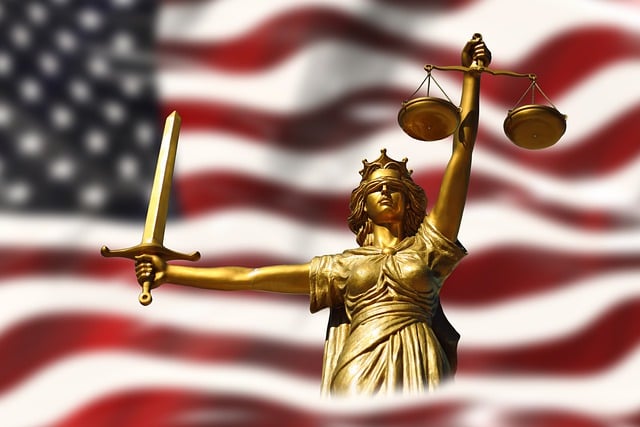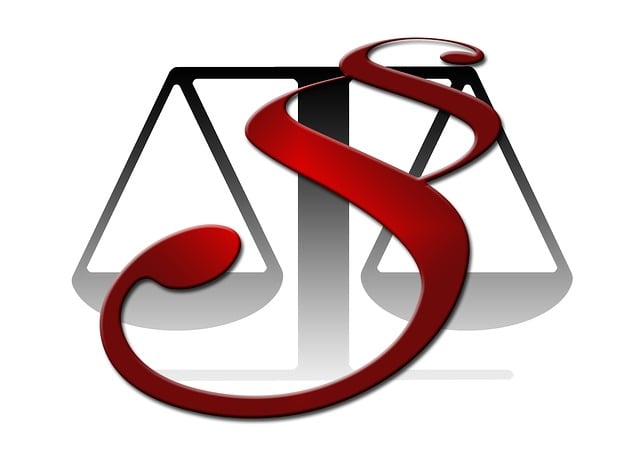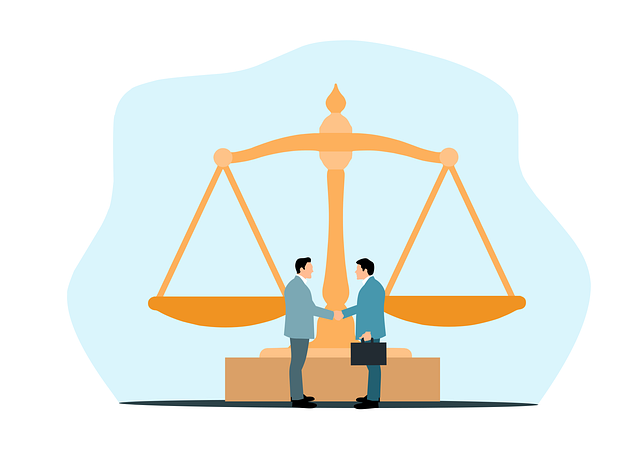Corporate crime investigations uncover complex cases of financial misconduct, fraud, and breach of fiduciary duty. Understanding appeal denials is crucial; common reasons include insufficient evidence, procedural errors, misapplications of laws, and ethical missteps by legal representatives. Preventing these crimes requires robust internal controls, ethical conduct promotion, employee training, regular audits, forensic accounting, and detailed record-keeping to mitigate denial risks during legal proceedings.
Corporate Crime Investigations: Uncovering Truth, Ensuring Justice.
In today’s complex business landscape, understanding corporate crime investigations is crucial for organizations aiming to maintain integrity. This article delves into the intricacies of these inquiries, focusing on common reasons for appeal denials. We explore strategic preventative measures and effective responses to mitigate risks and promote accountability. By understanding the drivers behind appeal rejections, businesses can foster a culture of ethics and transparency.
- Understanding Corporate Crime Investigations
- Common Reasons for Appeal Denial in Detail
- Strategies to Prevent and Respond to Corporate Crimes
Understanding Corporate Crime Investigations
Corporate Crime Investigations delve into complex matters where businesses or organizations engage in illegal activities. These inquiries often involve financial misconduct, fraud, and breach of fiduciary duty, among other offenses. Understanding these investigations is crucial for both corporate and individual clients facing accusations. The process involves meticulous gathering of evidence, witness interviews, and a deep analysis of company policies and procedures to identify the root causes behind such crimes.
One of the common reasons for appeal denials in these cases is the lack of compelling evidence or insufficient legal arguments. To win challenging defense verdicts, skilled attorneys must navigate the intricate laws and regulations governing corporate conduct. By presenting robust defenses, challenging the admissibility of evidence, and highlighting procedural errors, legal teams can safeguard their clients’ interests and ensure justice is served fairly, regardless of the appeal’s outcome.
Common Reasons for Appeal Denial in Detail
In corporate crime investigations, appeal denials often stem from several recurring issues. One of the most common reasons for appeal denial is the lack of substantial evidence supporting the original conviction. Prosecutors must demonstrate beyond a reasonable doubt that the accused engaged in criminal activity; insufficient or circumstantial evidence can lead to an appeal being successful. Another frequent reason involves procedural errors during the initial trial, such as improper witness handling, inadmissible evidence, or jury instructions that were misleading or incomplete. These issues erode the integrity of the judicial process and provide a solid basis for appeal.
Furthermore, appeals often turn on questions of legal interpretation. Misapplications of laws or statutes relevant to corporate crimes can prompt denials when higher courts find that the lower court incorrectly interpreted or applied the law. Additionally, the personal conduct of the accused plays a role; ethical missteps by lawyers representing the corporation or its executives can taint the proceedings. Lastly, the impact on stakeholders beyond the immediate case, including philanthropic and political communities, sometimes influences appeal decisions, especially when the crime involves significant economic or societal repercussions. However, these broader considerations seldom overturn denials rooted in evidence and procedural soundness.
Strategies to Prevent and Respond to Corporate Crimes
Preventing and responding to corporate crime is a multifaceted approach that involves robust strategies tailored to address the unique challenges posed by white-collar and economic crimes. Organizations must instill strong internal controls, promote ethical conduct, and provide comprehensive training to employees at all levels. Regular audits and compliance checks ensure adherence to legal and regulatory frameworks, while establishing anonymous reporting mechanisms encourages whistleblowers to come forward without fear of retaliation.
Moreover, effective response strategies include prompt investigation of suspected misconduct, leveraging forensic accounting techniques to uncover hidden assets, and collaborating with law enforcement across the country to facilitate prosecutions. In addition, organizations should implement robust risk management practices and maintain detailed records to mitigate the common reasons for appeal denial during subsequent legal proceedings, including jury trials.
In the realm of corporate crime investigations, understanding the common reasons for appeal denials is vital. By recognizing and addressing these issues proactively, organizations can significantly enhance their defenses. Strategies such as robust internal controls, comprehensive employee training, and prompt response mechanisms are game changers in prevention and mitigation. Remember that, in today’s digital era, navigating corporate crimes requires a dynamic approach to ensure compliance and maintain integrity.






